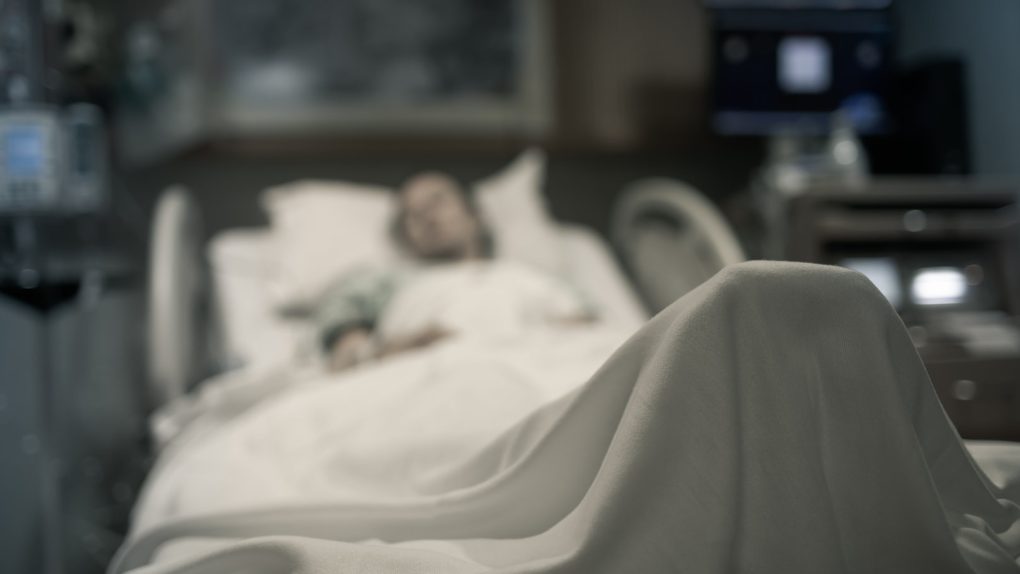- Coronavirus test positivity rates are climbing again in Texas, to the point that public health experts are worried about the state becoming a new coronavirus hotspot.
- Testing is down but case positives are up in Texas, which has seen more than half a million coronavirus cases so far during the pandemic.
- Since the start of the coronavirus pandemic, almost 9,000 people have died from the virus in Texas as of the time of this writing.
Dr. Ashish Jha, the director of the Harvard Global Health Institute, took to Twitter over the weekend to share an ominous warning about one particular Southern state that’s starting to look like the latest coronavirus hotspot in the US to experts like him. It’s Texas, and Jha’s concern stems from things like the coronavirus test positivity rate being one of the highest in the country in the state. “Saturday numbers are in and I’m getting worried about Texas,” Jha tweeted. “Across much of the South, the disease spread has turned down. Arizona, South Carolina, Florida, even Mississippi look somewhat better than they did a week ago. That’s good. One state looks worse: Texas.”
The early days of August, Jha continued, have not been going well in the Lone Star State. As of the time of his tweet thread, testing was down 40% in Texas over the preceding 9 days, and cases are “flat to a bit up.” Particularly concerning: The fact that test positives had reached 19.4% in Texas, the “2nd worst in (the) nation after Mississippi.” Likewise, deaths are also on the rise there.
As of Aug. 10, The New York Times was reporting there have been about 508,300 coronavirus cases in Texas, as well as almost 9,000 deaths from the virus. Data from Covid Act Now shows some seemingly positive news, with Texas now having an infection rate of 0.96 as of the time of this writing. However, while that suggests the virus is spreading slowly it’s still not as good as the improvement seen in the infection rates of other hotspot states, like California (0.89) and Florida (0.86).
“What explains the past week?” Jha’s tweet thread concludes, by way of posing a rhetorical question. He points to two factors, including a “huge drop in testing.” Also, “behavior,” in that we can look to data from services like OpenTable to learn that restaurant reservations fell at the beginning of July but are now back up to where they were in June in Texas. “Overall,” Jha concludes, “I worry TX letting foot off the brakes. And the disease is still spreading too fast.”
Former FDA commissioner Scott Gottlieb echoed these thoughts about Texas in an August 9 appearance on CBS’ weekend news program Face the Nation: “We’ve now had two waves of this epidemic,” he said. “The New York wave and now the wave through the Sunbelt, which is receding, although Texas is showing signs of an uptick at least in the last week and that needs to be followed closely.”








